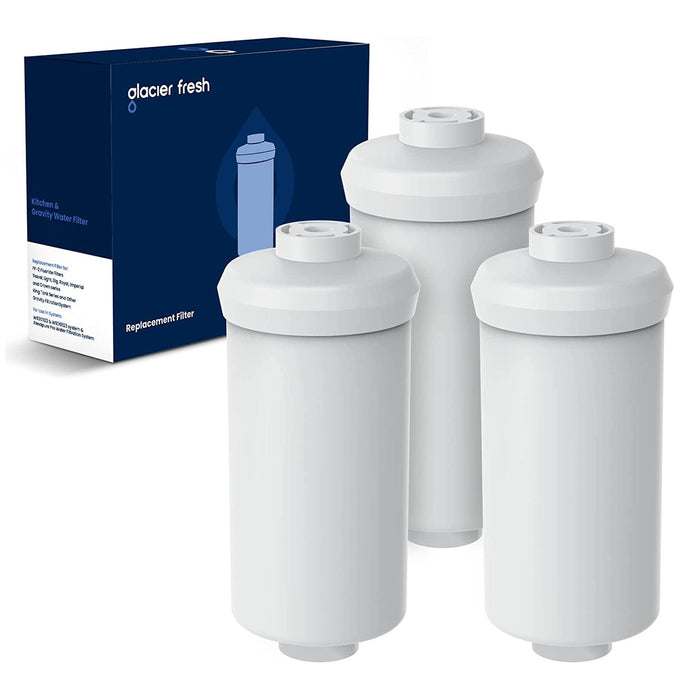Common Challenges That Gravity Fed Water Filters Overcome in Industrial Settings
الجسم
Water filtration is a crucial process in industrial settings, ensuring the quality and safety of the water used in various operations. Among the different types of water filters available, gravity fed water filters have gained popularity due to their ability to overcome common challenges in industrial settings.

1. Contaminant Removal
One of the primary challenges that gravity fed water filters overcome in industrial settings is the removal of contaminants. Industrial processes often introduce various pollutants and impurities into the water supply, including sediments, chemicals, and microorganisms. Gravity fed water filters utilize a combination of physical and chemical filtration methods to effectively remove these contaminants.
For example, the filter may incorporate activated carbon, which is highly effective in adsorbing organic compounds and reducing the presence of chlorine and other chemicals. Additionally, the filter may use ceramic or sediment filters to trap and remove larger particles and sediments.
By addressing the diverse range of contaminants found in industrial water sources, gravity fed water filters ensure that the water used in industrial processes is clean and safe, minimizing the risk of equipment damage and product contamination.
2. Cost-Effectiveness
In industrial settings, cost-effectiveness is a crucial consideration when selecting water filtration systems. Gravity fed water filters offer a cost-effective solution compared to other filtration methods. These filters do not require electricity or complex infrastructure, relying solely on the force of gravity to facilitate the filtration process.
By eliminating the need for electricity, gravity fed water filters reduce operational costs and energy consumption. They also require minimal maintenance, further contributing to their cost-effectiveness. This makes them an ideal choice for industrial settings where large volumes of water need to be filtered continuously.
3. Scalability
Industrial operations often require scalable solutions to accommodate varying water demands. Gravity fed water filters are highly scalable, allowing for easy expansion or downsizing based on the specific needs of the industrial setting.
These filters can be designed with multiple filtration chambers, each capable of handling a certain volume of water. By adding or removing filtration chambers, the filtration capacity can be adjusted accordingly. This flexibility ensures that the gravity fed water filter can adapt to changes in water demand without compromising its filtration efficiency.
4. Reliability
Reliability is paramount in industrial settings, where any disruption in the water supply can have severe consequences. Gravity fed water filters are known for their reliability, providing a continuous supply of filtered water even in the absence of electricity or mechanical components.
These filters rely on the force of gravity to drive the water through the filtration media, ensuring a consistent flow rate. The absence of complex components also reduces the risk of system failure, making gravity fed water filters a reliable choice for industrial settings where uninterrupted water supply is essential.
In conclusion, gravity fed water filters offer a range of benefits that overcome common challenges in industrial settings. From effective contaminant removal to cost-effectiveness, scalability, and reliability, these filters provide a reliable and efficient solution for ensuring the quality and safety of water used in industrial processes.







تعليقات